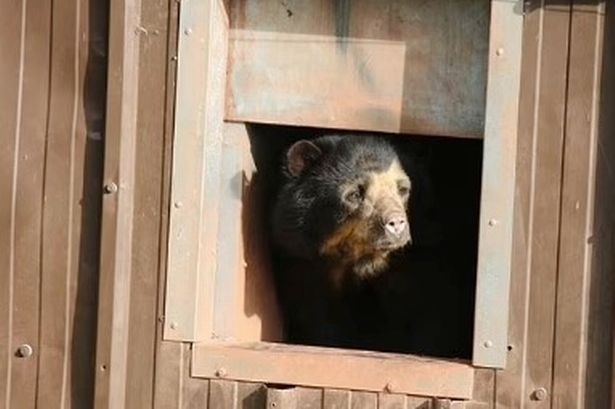The closure of South Lakes Safari Zoo, announced in 2017, marked the culmination of years of controversy and concerns surrounding animal welfare and safety practices at the Cumbrian establishment. The zoo gained notoriety after the tragic death of zookeeper Sarah McClay in 2013, who was killed by a Sumatran tiger that had inexplicably gained access to her enclosure. This incident exposed a series of failings in the zoo’s safety protocols and animal management, sparking outrage amongst animal rights activists and the public alike. The subsequent investigation unearthed a litany of issues, including inadequate enclosures, poor record-keeping, high mortality rates, and a generally deficient approach to animal care. The zoo’s owner, David Gill, was widely criticized for his management style and his seeming disregard for the well-being of both animals and staff. Animal rights campaigners, who had long advocated for the zoo’s closure, celebrated the decision as a victory for animal welfare, viewing it as a necessary step to prevent further tragedies and ensure the remaining animals were rehomed to more suitable environments.
The years leading up to the closure were punctuated by a series of damning reports and inspections. The zoo consistently failed to meet required standards, with inspectors citing concerns about dilapidated enclosures, inadequate veterinary care, and a lack of proper risk assessments. The high mortality rate among the zoo’s animals, significantly higher than the national average, further fueled concerns about the quality of care provided. Reports documented deaths from preventable causes, such as hypothermia and malnutrition, painting a grim picture of neglect. The zoo’s owner, David Gill, frequently clashed with inspectors and regulatory bodies, dismissing their concerns and attributing the problems to external factors. His defiant attitude and perceived lack of accountability further eroded public trust in the zoo’s management. Animal welfare organizations repeatedly called for the revocation of the zoo’s license, arguing that it was unfit to operate and posed a significant risk to both animals and staff.
The tragic death of Sarah McClay became a focal point for criticism and served as a stark illustration of the zoo’s failings. The investigation into the incident revealed a series of systemic safety breaches that allowed the tiger to access the keeper’s enclosure. The lack of proper training, inadequate safety procedures, and the apparent failure to learn from previous near misses all contributed to the tragic outcome. The subsequent legal proceedings resulted in the zoo being fined heavily for health and safety violations, further highlighting the gravity of the situation. The incident amplified calls for greater scrutiny of zoos and stricter enforcement of regulations to prevent similar tragedies from occurring.
Animal rights organizations viewed the closure of South Lakes Safari Zoo as a significant milestone in their ongoing efforts to improve animal welfare standards. They argued that the zoo’s history of neglect and its failure to prioritize animal well-being demonstrated the inherent flaws in the captive animal industry. The case highlighted the need for more stringent licensing procedures, regular inspections, and greater transparency within the zoo industry. Campaigners stressed the importance of focusing on conservation efforts in the wild, rather than keeping animals in captivity for entertainment. The closure also reignited the debate about the ethical implications of keeping wild animals in captivity, prompting calls for stricter regulations and greater consideration for the animals’ physical and psychological needs.
The subsequent transfer of the remaining animals to other facilities proved to be a complex undertaking. Many of the animals had specific needs and required specialized care, making their relocation a logistical challenge. Zoos and sanctuaries across the country stepped in to offer homes to the displaced animals, ensuring they received the appropriate care and attention. The process highlighted the importance of collaboration and coordination within the zoo community to ensure the welfare of animals in such circumstances. This collective effort demonstrated a commitment to providing the best possible outcomes for the animals affected by the closure.
The South Lakes Safari Zoo case served as a wake-up call for the zoo industry, prompting a renewed focus on safety protocols, animal welfare standards, and the ethical responsibilities of keeping animals in captivity. It underscored the need for greater accountability and transparency within the industry, as well as stronger regulatory oversight to prevent future tragedies and ensure the well-being of both animals and staff. The closure marked a significant victory for animal rights campaigners and served as a reminder of the ongoing need for vigilance and advocacy to protect animals in captivity. It also highlighted the importance of public awareness and engagement in holding zoos accountable for their practices and ensuring the welfare of the animals in their care.














